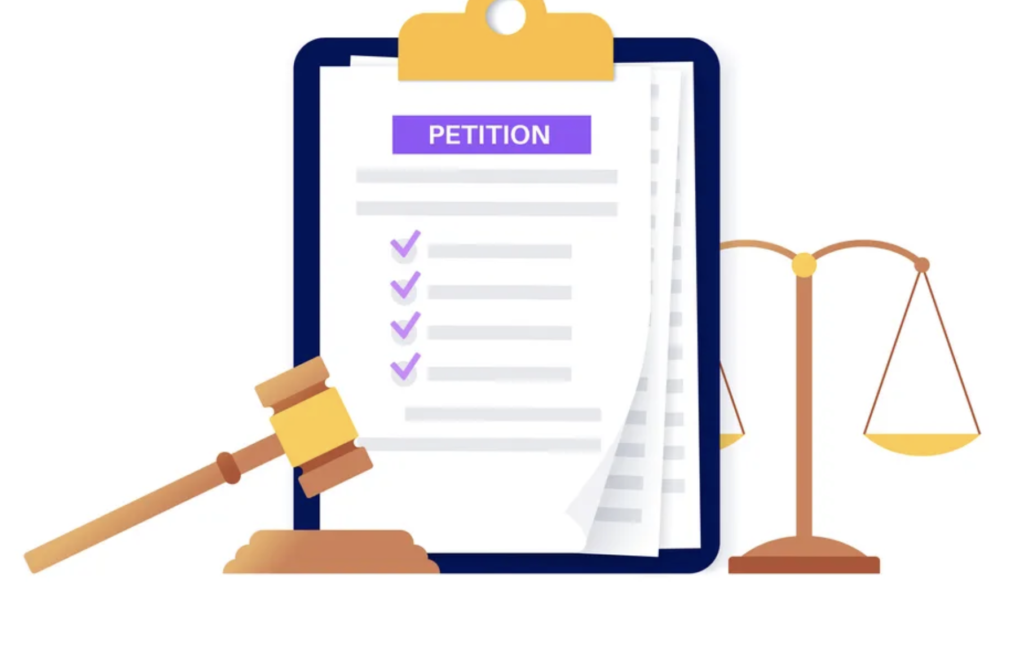Camera Trial in Bangladesh in 2024
Exploring Camera Trials in Bangladeshi Law: A Comprehensive Overview
In the realm of criminal justice, the concept of transparency and public scrutiny plays a crucial role in upholding the principles of fairness and accountability. However, there are instances where the necessity for privacy and protection of certain interests outweighs the imperative of public access. This is where the notion of camera trials comes into play. In Bangladesh, camera trials are conducted under specific circumstances as outlined in Section 352 of the Criminal Procedure Code. This article delves into the intricacies of camera trials within the Bangladeshi legal framework, examining its significance, legal provisions, and practical implications.
Understanding Camera Trials:
Camera trials, as per Section 352 of the Criminal Procedure Code, pertain to the conduct of legal proceedings in a closed-door setting. While the default stance is to keep court proceedings open to the public, certain situations warrant the exclusion of individuals from the courtroom. The decision to opt for a camera trial rests with the judge or magistrate presiding over the case. This discretion is exercised if the judge deems it necessary to ensure the integrity of the legal process or safeguard the interests of the parties involved.

Legal Provisions Governing Camera Trials in Bangladesh:
Section 352 of the Criminal Procedure Code serves as the legal foundation for camera trials in Bangladesh. This section delineates the circumstances under which the court may restrict public access to its proceedings. It states that while the court should generally remain open to all, the presiding judge or magistrate has the authority to bar individuals from entering or staying in the courtroom if deemed necessary.
The provision empowers the judiciary to conduct trials in a closed-door setting for reasons such as protecting the identity of vulnerable parties, preserving sensitive information, or ensuring the safety of witnesses. For instance, cases involving juvenile delinquency or instances of abuse against women often necessitate the privacy afforded by camera trials.
Significance of Camera Trials in Bangladeshi Law:
Camera trials serve multiple purposes within the Bangladeshi legal system, contributing to the fair administration of justice and safeguarding the rights of individuals involved in legal proceedings. Some key significance of camera trials include:
- Protection of Vulnerable Parties: Camera trials offer a protective shield for vulnerable individuals such as minors, victims of abuse, or witnesses facing intimidation. By conducting proceedings in a closed-door environment, the court can prevent further harm or trauma to these parties.
- Preservation of Confidential Information: In cases where the disclosure of certain information could compromise national security or infringe upon individual privacy rights, camera trials help in preserving the confidentiality of such sensitive data.
- Ensuring Impartiality and Fairness: By eliminating external influences and distractions, camera trials contribute to maintaining the impartiality and fairness of the judicial process. This ensures that verdicts are based solely on evidence and legal arguments presented before the court.
- Promotion of Efficiency: In certain instances, conducting trials in camera can expedite the legal proceedings by streamlining the process and minimizing disruptions caused by public attendance. This is particularly beneficial in complex cases where confidentiality and efficiency are paramount.
Practical Implications and Challenges:
While camera trials offer numerous benefits, their implementation is not without challenges. Some practical implications and potential hurdles associated with camera trials in Bangladesh include:
- Balancing Transparency and Privacy: Striking a balance between the need for transparency in judicial proceedings and the imperative of privacy poses a significant challenge. The judiciary must ensure that the decision to conduct a camera trial is justified and transparent, thereby upholding public trust in the legal system.
- Ensuring Due Process: Despite the privacy afforded by camera trials, it is essential to uphold the principles of due process and procedural fairness. Parties must have adequate access to legal representation and the opportunity to present their case effectively, even in a closed-door setting.
- Mitigating Risks of Abuse: There is a risk that the discretion granted to judges to conduct camera trials may be abused or misused for ulterior motives. To prevent such instances, stringent safeguards and oversight mechanisms must be in place to ensure accountability and prevent arbitrary exclusions from court proceedings.
- Addressing Technological Limitations: The implementation of camera trials may be hindered by technological limitations, particularly in remote or underdeveloped regions of Bangladesh. Adequate infrastructure and resources must be available to facilitate seamless virtual proceedings where necessary.

Camera trials represent a vital aspect of the Bangladeshi legal system, offering a mechanism to balance the competing interests of transparency, privacy, and justice. While they serve as a valuable tool for protecting vulnerable parties and preserving sensitive information, their implementation requires careful consideration of legal, procedural, and practical factors. By adhering to established legal provisions and upholding fundamental principles of fairness and due process, camera trials can contribute to the effective and equitable administration of justice in Bangladesh.
